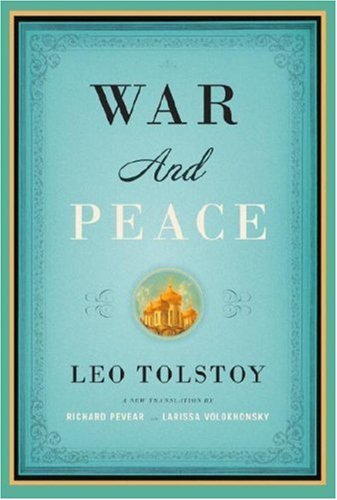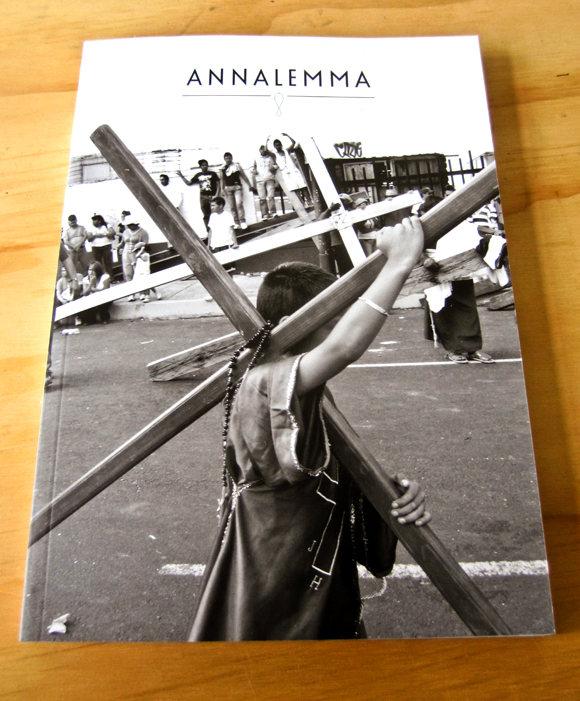My lady got me the Best American Nonrequired Reading 2010 for Christmas. I was all pumped about this edition since I found out Anne Elizabeth Moore‘s essay from Issue Five got a head-nod in the “Notable Nonrequired Reading of 2009” section. I hadn’t picked up one of these in a while. I’m not sure why. They’re always good. I’d rather have one of the pieces we publish reprinted there than in Best American Short Stories or BA Essays. It starts with an incredible short story by Sherman Alexie from his collection War Dances. In the midst of getting a growth in his brain checked out by the doctors, the narrator juggles his children, his dying father, and the very real possibility that he may be dying soon too. Alexie hasn’t lost his edge. It feels like he’s grown more crotchety as he’s gotten older, which is great. He’s at his most entertaining when he’s barbed and thorny.
There’s an etherial comic by Lilli Carré that’s a good example of when tone and feel are enough to carry a story.
Rana Dasgupta‘s essay, Capital Gains, on India’s unregulated capitalism run amok is discomforting, shocking, and an enthralling read from start to finish. Dasgupta attempts to hold a mirror up to a hopelessly corrupt government and a national psyche obsessed with the accumulation of wealth above all other things.
An excerpt from the photo journal/graphic novel hybrid “The Photographer” by Emmanuel Guibert, Didier Lefévre and Frédéric Lemercier tracks a photojournalist covering a doctor’s travels in Northern Afganistan in 1986 treating mujahideen soldiers and residents of small villages effected by the war against the Soviet Union. The parts of the story unseen Lefévre’s photos have been dramatized by graphic artist, Emmanuel Guibert. I’m always thinking about roles that the arts play in politics and war, if they play any role at all other than Greek Chorus. “The Photographer” feels like a good example of commentary by-way-of objective storytelling.
I started reading War and Peace. I don’t really know why. I guess I felt like I was ready for it. For some reason it feels comforting in a way, to read about Russians in the 1800’s, to know that people haven’t changed all that much since then. We like to think we have but we haven’t. The settings and circumstances change, but we still behave the same. I’m having a hard time getting through the politics of it. If anyone’s read it before and or some advice for getting through the first few hundred pages (having difficulty keeping up with names and references) that’d be appreciated.






















Come to Iowa City and take our Russian Lit course. Anna Barker will make you fall in love with Russian writers.
Sounds like a dream, Zach. I had a Russian teacher in college named Mark Davidov who was probably the sharpest person I’ve ever met. He taught all sorts of Russian texts as well as Eastern European writers. Turned me on to some incredible books.
It truly is amazing what sharp teachers can do for great literature. I went from being an accounting major, with a semi-authoritative view on where my life was going, to a floundering english major trying to find my footing within the world. I have no one to thank more than my teacher. She transformed War and Peace from “the loose baggy monster,” to something that can highly relatable to a 19 year old kid.